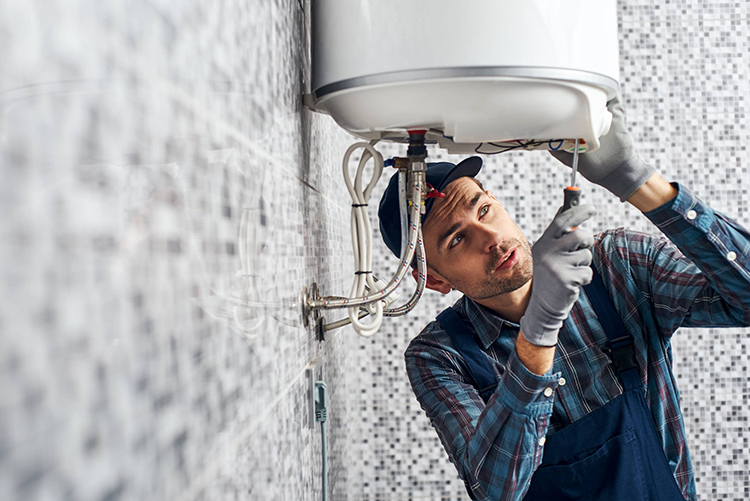It’s not a secret that boilers play a vital role in keeping your home comfortable during the cold winter months. So when it’s time to replace your boiler, you must know what to look for. Thankfully, this post is here to help as we take a look at everything you need to consider before making this big and sometimes costly decision. We’ll cover factors such as home size, the number of people living in your home as well as information about prices and the best deals, so keep reading.
What should you consider when choosing a boiler replacement unit?
Replacing your boiler is not as simple as just going into a shop, picking a boiler, paying, and then being on your way. This is a costly investment and requires a decent amount of consideration to ensure you choose the right boiler replacement unit. However, with the help of platforms like WarmZilla reviewed by heatingwise.co.uk, replacing your boiler doesn’t have to be such a daunting task. Filling out a short survey is enough to get an idea of which boiler is suitable for your home, but there are still a few key factors that must be considered. For one, you need to consider the number of people living in your home. You also need to consider the age and condition of your current boiler unit because different boilers have different lifespans and you will want to invest in a new boiler with a longer lifespan. Budgeting is also very important so you must determine how much money you are prepared to pay for the replacement. Lastly, you want to factor in the installation process of the new boiler unit and also connect it with your water softener.
How do you know if your home’s current boiler needs replacement?
There are a few typical signs that will alert you when your boiler needs to be replaced. Some signs can just be quickly fixed however, other signs are a warning of boiler failure which you should be able to identify. The signs include:
- Your boiler is not providing heat: The problem could be your thermostat however, a bigger problem could reside in the actual heating element. The first thing you need to do is check if the pilot light is on because if it is, you will need to contact someone to do an inspection.
- Dripping or leaking: If you spot water leaking from your boiler, contact a professional and do not attempt to repair the situation yourself. The cause of leakage can usually be linked to a damaged internal piece such as a valve or a seal, additionally, it can be linked to worn-out components that must be replaced.
- Loud noises: If any unusual sounds are coming from your boiler, it could indicate that air has been caught in the system or it can indicate low pressure or kittling, which is when there is build-up on the heat exchanger that restricts flow and causes overheating.
- Loss of pressure: Low pressure is another issue that can cause problems. This requires a professional.
- Discoloration: Any signs of discoloration such as black soot or yellow flames can indicate that your fuel is not burning properly and this must be replaced immediately.
The cost of a new boiler is determined by the size, installation costs, energy efficiency as well as the energy source of the boiler. For the best deal, set a budget and do a lot of research. Also, get the right installer and the right size. It’s best to go with new boilers because they are more energy-efficient compared to older ones and are also more environmentally friendly. To prepare for an installation make sure your space is cleared because it can be a messy process.
What are the benefits of replacing your boiler system?
There are many reasons why you should replace your boiler and the most common are that it will provide more efficiency than an old one. This will bring your energy bill down and save you money just like you save by resetting the r22 refrigerator. A new boiler also provides overall improved comfort in your home because new boilers provide more even heating and better temperature control. Your mind will be eased as well because new boilers reduce their carbon footprint and are typically more environmentally friendly. Finally, new boilers have a much longer lifespan with proper maintenance and care.
So there you have it, if you are thinking about investing in a new boiler, that’s everything you need to know.

